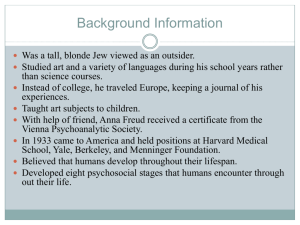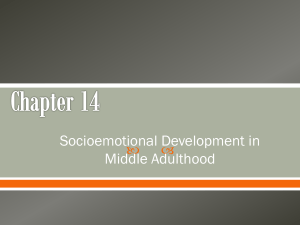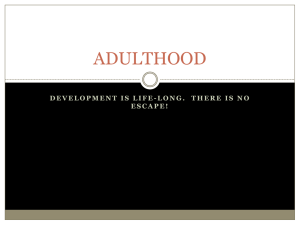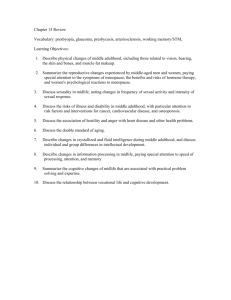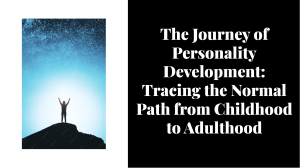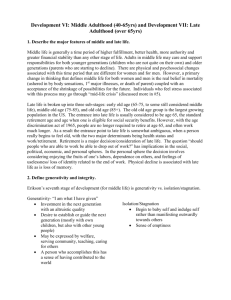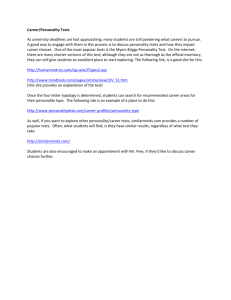Theories of Adult Socio
advertisement
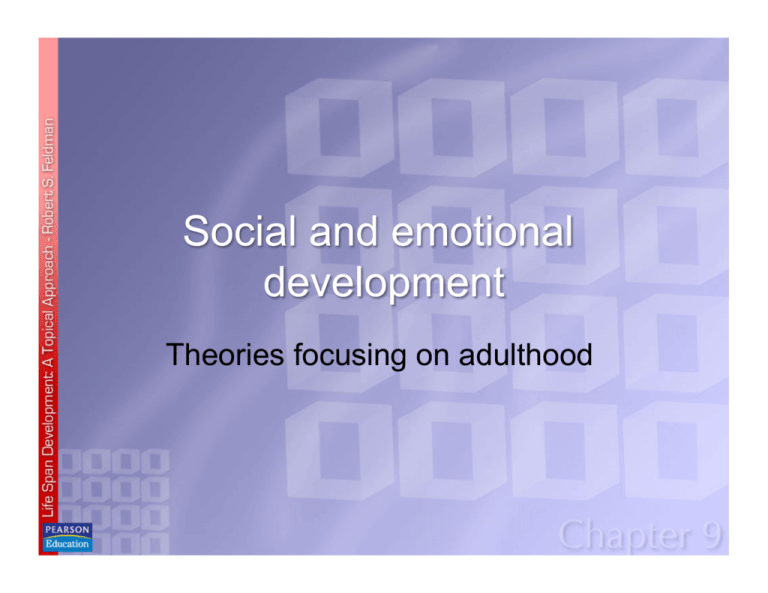
Theories focusing on adulthood Generativity versus stagnation stage – People consider their contributions to family, community, work, and society. – Generativity = looking beyond oneself to continuation of one's life through others – Stagnation = focusing on the triviality of their life Ego-integrity versus despair stage Process of looking back over one's life, evaluating it, and coming to terms with it – Integrity • Comes when people feel they have realized and fulfilled the possibilities that have come their way – Despair • Occurs when people feel dissatisfied with their life, and experience gloom, unhappiness, depression, anger, or the feeling that they have failed • Influential • Comprehensive; covers entire life span • Not everyone passes through stages at same time • Contemporary research provides refinement and alternative approaches Adults pass through series of seven, agerelated stages People in late 30s and early 40s begin to feel sense of urgency in attaining life’s goals Descriptions not research supported Keeping meaning versus rigidity Occurs between the ages of 45 and 55 Adults seek to extract meaning from their lives by accepting strengths and weaknesses of others Those who are rigid become increasingly isolated from others Seasons of Life Theory Most people are susceptible to fairly profound midlife crisis – Late 30s – Early 40s – Between 40 and 45 • Stage of uncertainty and indecision brought about by realization that life is finite – Gender differences – Despite widespread acceptance, evidence for midlife crisis does not exist • For majority of people, transition is smooth and rewarding • Many middle-aged people find their careers have blossomed • They feel younger than they actually are Does personality change or remain stable over the course of development? • Erikson and Levinson = substantial change • Paul Costa and Robert McCrae = stability in traits across development • Fundamental continuity to personality • Profound social environmental changes throughout adulthood may produce fluctuations and changes in personality • Some discontinuities in development Robert Peck Personality development in elderly people is occupied by three major developmental tasks or challenges • Redefinition of self-versus-preoccupation-withwork-role • Body-transcendence-versus-body-preoccupation • Ego-transcendence-versus-ego-preoccupation People enter late adulthood by passing through transition stage • View themselves as being “old” • Recognize stereotypes and loss of power and respect • Serve as resources to younger individuals • Discover new freedom to do things for simple sake of enjoyment and pleasure Common Theme of Personality Development Triggered by increasingly obvious prospect of one’s death Provides better understanding of the past Resolves lingering problems and conflicts Leads to a sense of sharing, mutuality, and feeling of interconnectedness with others
